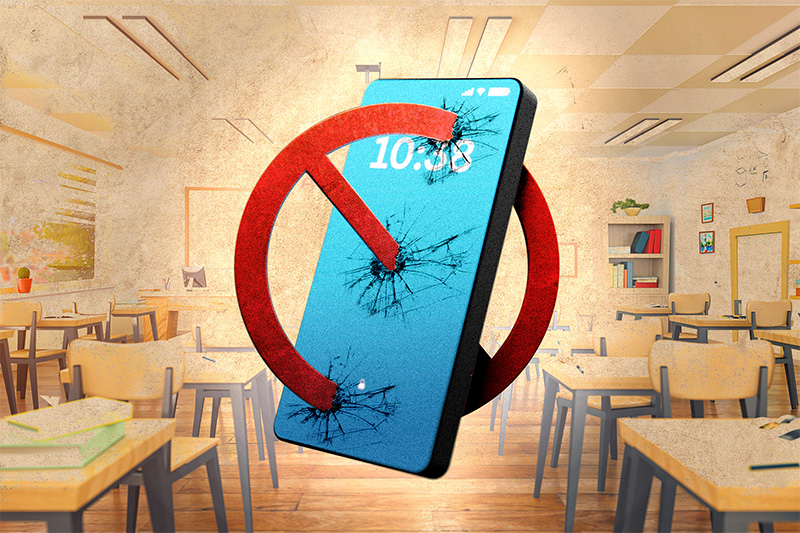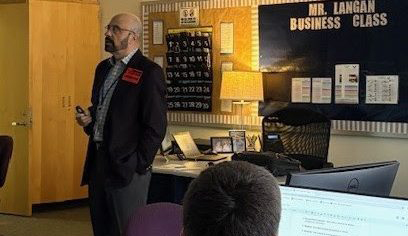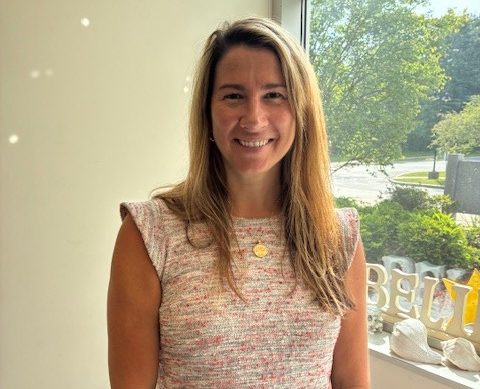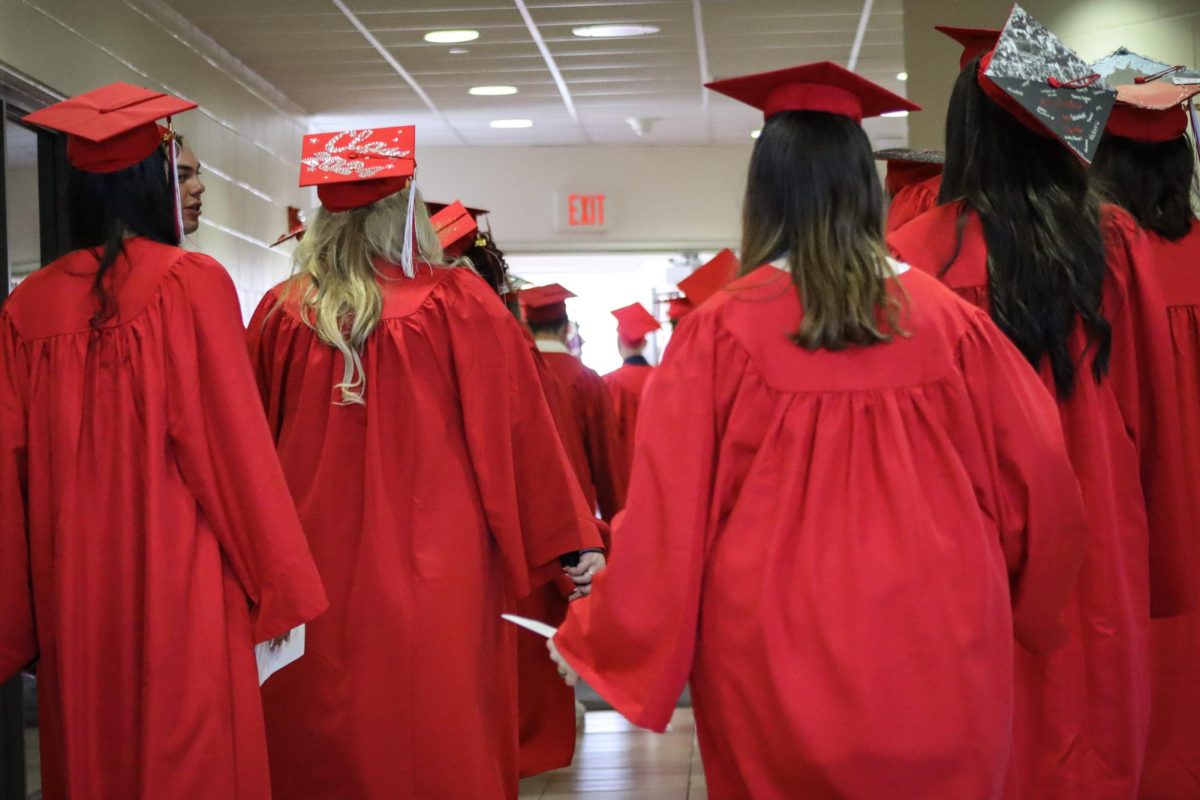by Alicia Ptak
As a junior, Kenny Manero has a lot to worry about. With the constant pressure to get good grades, hours of homework brought on by his AP American Studies and other challenging classes, and the consistent demand of his extracurricular activities, Manero, like many other students, does not have time to be worrying about the new schedule next year.
For the student body, the new seven-day, five-period schedule has been a controversial and widely misunderstood topic. The new schedule consists of seven classes, or eight depending on the electives, on a rotating A-G day schedule. Two of the seven classes do not meet each day. Most core academic classes will run year long, but electives may only be half a year. Compared to Hudson’s current schedule, classes will be seventy minutes rather than the hour and half most students are accustomed to. Lunches will also be shorter, but only by a few minutes.
The change in class times and increase in classes per day have appeared to be causing the most concerns for students. Students worry about having lots more homework and not having enough time to complete in-class work. Some students are frustrated with the change, but are these frustrations and worries really warranted?
As a full supporter of the new schedule, Principal Brian Reagan has high hopes for the upcoming change. “Any change is difficult,” Reagan says, “but students are pretty resilient.” Reagan plans for the schedule to provide kids with a consistent dose of learning, unlike the current schedule which can lead to almost a full year without taking a certain subject, depending on the layout of your courses.
“The biggest concern was with gaps,” he says. Reagan hopes that by eliminating these gaps with the new schedule, students will be more successful, whether it be on MCAS testing or overall achievement in school.
Reagan does not feel that students should worry about more homework and less class time to finish tasks. “Teachers will have more classes to prepare for, too,” Reagan explains. “They’ll have much more work to grade. That will most likely impact the amount of work given to students.” Also, since two classes are dropped per day, students will have more time to complete the homework in those dropped classes.
Reagan expects that the way classes are run will change as well. He expects that, in order to fit all necessary criteria into the seventy-minute period, teachers will most likely get rid of warm-ups and summarizations of the lesson.
Reagan also believes the new schedule will allow the current science classes, some of which are being taught in regular classrooms, to be moved into lab rooms, making for a positive change in the way classes will function.
Besides worry over the timing of classes, students seem to be concerned about the now mandatory wellness class. The semester-long class is a mix of health and physical education. The class is grade specific, so students should not be expecting repeated topics every year.
Many students assume that the class will be just a typical gym and health class, learning about sexual education and how to eat healthy foods. Director of Guidance Angela Wilcox has a more accurate description of what the wellness class really is. The Wellness class will have different curriculum depending on what grade the student is in. It’ll be a combination of health issues, P.E. activities, and other sports.(Look below for a more specific curriculum description for each grade and more detail at http://www.hudson.k12.ma.us/LinkClick.aspx?fileticket=MAuNDPeRF3E%3d&tabid=709)
| Eighth Grade | team building exercises, group initiatives, cooperative learning, and rhythmic movement, anti-bullying strategies, drug awareness, hygiene, and reproduction |
| Freshmen | stress reduction techniques, resistance and strength training, CPR training course, nutrition, consumer health, and mental health |
| Sophomore | team and individual sports, yoga, tai-chi, discuss relationship concepts, things such as death, conflict resolution, divorce, and the prevention of violence |
| Junior | indoor/outdoor team building exercises as well as an aerobic component with things such as kickboxing and Zumba, a focus on personal relationships, drugs and alcohol, and sexual identity and diseases |
| Senior | prepare students for life after college by teaching ways to stay active out of high school and learning about their personal contribution to their community and public health and also how to prepare to live independently |
Wilcox also explains how the new schedule will impact the internship program. “They’re now called independent studies instead of internships,” says Wilcox. “The student interested in an independent study must fill out an application, show the appropriate desire for the independent study, and will ultimately be signed off by the principal.”
Reagan is confident that the new schedule won’t be as overwhelming as students seem to assume. He has high hopes that the new plan will benefit both students and faculty and believes his students are very capable of being successful in the coming years.





